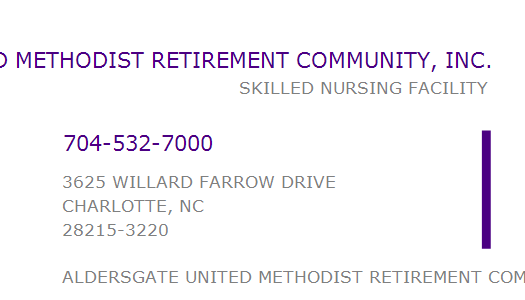
Effective communication with the elderly means making an effort to understand their needs and language. There are a few techniques that will help you accomplish your goal. For example, you can learn how not to use elderspeak or jargon and how to listen carefully to your elder. These tips will allow you to have a more productive conversation with your senior loved one.
Avoid medical jargon
It is important to avoid using medical jargon when speaking with elderly patients. Older patients have a greater difficulty understanding medical terms, and may not understand medical jargon as well as younger patients. Use medical terms that are not familiar to the patient as much as possible and explain the condition, treatment plan and any associated risks in a clear and concise manner. Visual aids can also be used to convey the information to patients.
Health literacy may be limited in older adults, making it difficult to understand medical terminology. Research has shown that up to seventy percent of older adults have trouble reading or understanding printed materials. These barriers can be overcome by using plain language or clear explanations of medical terms like "medical terms". It can help to write down key points, which can improve comprehension.

Avoid talking to your elders
Avoiding elderspeak when communicating with the elderly is a key component of effective communication. Studies show that seniors who use elderspeak are more likely to act out in frustration or call out. These behaviors can have a negative impact on the elder's self esteem and lead to depression. Elders who use elderspeak are less likely to listen to their healthcare providers.
Be aware that older people might be slower to process information and may require repeated information. Avoid using patronizing language or making assumptions about the cognitive abilities of older people. Instead, use clear enunciation and make sure that you make eye contact. If you must use elderspeak, don't forget that it doesn't solve any problems.
In addition to causing harm to the elderly, elderspeak also involves judgments and is often based on stereotypes. For example, calling an older person a "young man" or "young lady" implies that he or she is childish or incompetent. Other examples include calling the elderly "cute" or "adorable," which conveys that the person is doing something that is more appropriate for younger people. Even though it sounds innocent, older adults may be offended by such remarks.
Listening to what your elder is saying
It is crucial to pay attention to the words of elderly people when communicating with them. The tone of your voice can have a significant impact on how they feel. So that they can remain calm, keep your voice positive. It is also important to take frequent breaks.

Older adults may not realize their hearing impairments. Talk gently and speak clearly. Avoid mumbling or talking too fast. Concentrate on one idea at time and avoid talking too fast. You can understand the thoughts of an elder by rephrasing them using different words.
As a caregiver, you need to be aware of what your elder is saying. Sometimes the truth could be totally different from what you are hearing. Seniors might not remember what was said weeks ago but it's important to listen to their words to get the full picture.